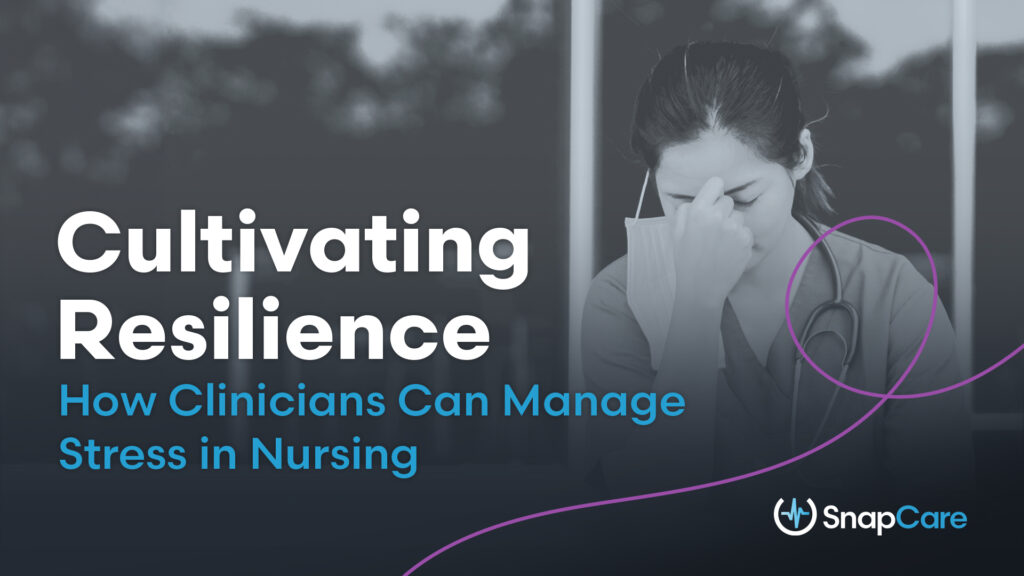Nursing is undoubtedly a demanding profession, filled with long hours, emotional challenges, and the constant need to be at your best. While nurses search for opportunities on a nursing job board, the specter of burnout often looms over their careers. However, with dedicated self-care and stress management, nurses can navigate these challenges and find a fulfilling balance in this honorable field.
Understanding Burnout
Burnout is a state of chronic physical and emotional exhaustion, something many nurses consider as they explore less demanding positions on a nursing job board. It often includes cynicism, detachment, feelings of ineffectiveness, and a sense of not achieving much. Burnout can significantly impact patient care and personal well-being, especially in nursing, where compassion and care are fundamental.
Symptoms of Burnout:
- Chronic fatigue
- Insomnia or disrupted sleep patterns
- Forgetfulness or impaired concentration
- Physical symptoms, such as chest pain, shortness of breath, or gastrointestinal issues
- Increased susceptibility to illnesses
- Loss of appetite or overeating
- Anxiety or depression
- Detachment from work or patients
- Pessimism or feelings of hopelessness
- Decreased satisfaction and accomplishment sense
Tips for Managing Stress and Preventing Burnout:
Set Boundaries
Don’t consistently work beyond your shifts, even if tempting opportunities appear on the nursing job board. Rest and rejuvenation are crucial.
Seek Support
Whether you discovered your role on a nursing job board or through an internal referral, find a mentor or confidant. Sharing your feelings and achievements can be therapeutic.
Stay Organized
Keep track of tasks and prioritize them to reduce anxiety about missed responsibilities.
Mindfulness and Meditation
Practice breathing exercises or engage in meditation to center yourself. Even five minutes can make a significant difference.
Physical Activity
Regular exercise, whether it’s a brisk walk, yoga, or gym time, can relieve stress.
Adequate Sleep
Refresh your body and mind with 7-9 hours of sleep each night.
Nutrition
Consume a balanced diet and limit caffeine and sugar, especially during long shifts.
Take Breaks
Step away from your duties regularly. A breath of fresh air or a short walk can be refreshing.
Continuous Learning
In addition to searching for job opportunities on the nursing job board, attend workshops or courses to reignite your passion.
Seek Counseling
Professional counseling provides coping strategies. Many employers offer Employee Assistance Programs (EAP) with free counseling sessions.
Engage in Hobbies
Pursue activities outside of work, unrelated to scrolling through a nursing job board, as a therapeutic outlet.
Limit Negativity
Avoid negative talk or excessive exposure to the news and embrace positivity.
Stay Connected
Spend time with loved ones; it’s an excellent stress reliever.
Prioritize Your Well-Being
Taking care of yourself isn’t a choice; it’s a necessity. As you explore opportunities on the nursing job board for the next step in your career, remember that your well-being should be your top priority. With proactive self-care, you can continue to serve your patients with the compassion and enthusiasm that initially drew you to nursing. Embrace these tips, prioritize yourself, and balance will naturally follow. Take care!



